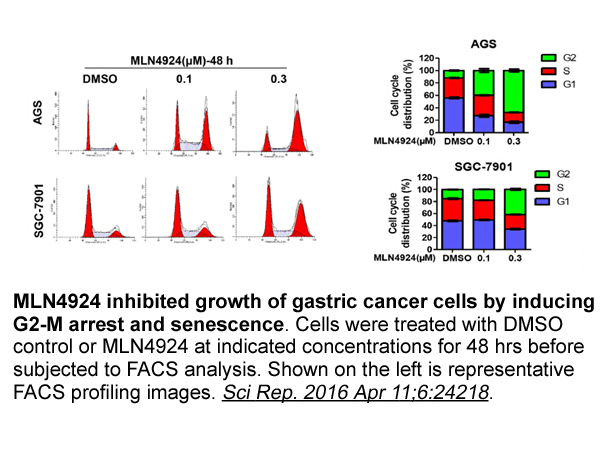Archives
Given this proud history it
Given this proud history, it Eltrombopag is deeply concerning that newly elected President Donald J Trump, has, through an executive order in his fourth day in office, reinstated a Reagan-era prohibition on the disbursement of federal funding to non-governmental organisations (NGOs) and agencies that provide, promote, or make referrals to abortion services, or give information about abortions. Introduced by President Ronald Reagan in August, 1984, at the International Conference on Population, in Mexico City, the “Mexico City Policy” or “global gag rule”, as it has become popularly known, was rescinded by President Bill Clinton in 1993, resurrected by President George W Bush in 2002, and rescinded by President Barack Obama in 2009. The enforcement of the policy has affected major international agencies such as the United Nations Population Fund (UNFPA), which lost over $244 million in US federal funding during the George W Bush era.
The USA has had a standing policy since 1973 under the Foreign Assistance Act, as amended, which prohibits foreign assistance funds to be used for the performance of abortion as a method of family planning or to motivate or coerce any person to practise abortions. The Mexico City Policy extends this policy so that organisations that wish to use their own, or non-US, funds to undertake abortion-related services, but US federal funds to support programmes that are unrelated to abortions, are barred from receiving US federal funding. In effect, the Policy seeks to restrict activities that are deemed lawful in the USA (according to the Roe Wade ruling) and many recipient countries, on partisan ideological grounds, even when US funds are not being used for those activities. Further, the version of this policy that President Trump reinstated will apply not only to recipients of family planning funding, but also to recipients of all global health assistance furnished by all US government departments or agencies. The implications are profound. US federal-funded NGOs and agencies focusing on diseases such as Zika virus, Ebola virus, tuberculosis, and AIDS but also providing family-planning-related services that even so much as mention abortion, could now be barred from receiving US federal funds.
This executive order could have great human rights and ethics implications. South Africa is an example of a country that stands to be adversely affected. The country bears the world\'s largest burden of HIV and is a major recipient of US federal . The country\'s constitution enshrines the right to reproductive decision-making and the right to health, while its laws on termination of pregnancy places a legal obligation on health-care providers to provide or refer abortion-seekers to relevant facilities, when qualifying criteria are met. Compliance with Trump\'s order will potentially require clinicians in NGOs and international agencies t hat operate in South Africa and receive US federal funding to violate their professional codes of ethics, the country\'s abortion laws, and the country\'s bill of rights.
For example, a pregnant woman attending the Centre for the AIDS Programme of Research in South Africa (CAPRISA)\'s rural AIDS clinic, who happens to request information on termination of her pregnancy, could put the organisation\'s funds from the National Institutes of Health for HIV vaccine research at risk should they attempt to address her query, as required by abortion laws in South Africa. Similarly, clinical staff at the University of the Witwatersrand (one of many recipients of PEPFAR funding in South Africa) who work at Chris Hani Baragwanath Academic Hospital, which offers abortion services, among a range of other services, will find themselves having to choose between breaking the law or violating the terms of their institution\'s funding, should they face abortion requests or queries. Such so-called remote control interference with a clinician\'s human rights and professional obligations is morally untenable.
hat operate in South Africa and receive US federal funding to violate their professional codes of ethics, the country\'s abortion laws, and the country\'s bill of rights.
For example, a pregnant woman attending the Centre for the AIDS Programme of Research in South Africa (CAPRISA)\'s rural AIDS clinic, who happens to request information on termination of her pregnancy, could put the organisation\'s funds from the National Institutes of Health for HIV vaccine research at risk should they attempt to address her query, as required by abortion laws in South Africa. Similarly, clinical staff at the University of the Witwatersrand (one of many recipients of PEPFAR funding in South Africa) who work at Chris Hani Baragwanath Academic Hospital, which offers abortion services, among a range of other services, will find themselves having to choose between breaking the law or violating the terms of their institution\'s funding, should they face abortion requests or queries. Such so-called remote control interference with a clinician\'s human rights and professional obligations is morally untenable.